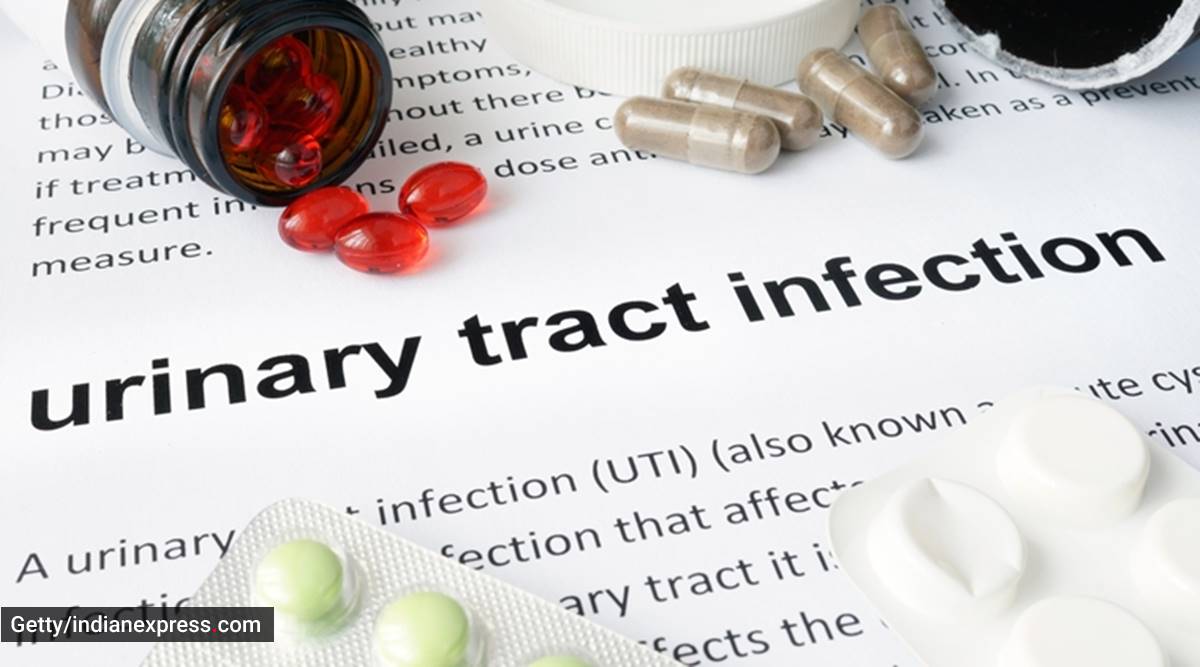In older kids, the symptoms of UTIs are clear but it's quite challenging to check for the same in younger children.

Dr Rajiv Kumar
Yes, you heard it right. Urinary Tract Infection, which is quite common in kids too, is on the rise and it’s unfortunate that many parents, especially in Tier II & III cities, aren’t aware of this condition till the time it becomes severe. Generally, bacteria that enter the urethra are usually flushed out through urination. Otherwise, they may grow within the urinary tract or reach to the other nearest body parts like bladder, kidney and ureters. This causes an infection. The two types of UTIs most likely to affect children are bladder infections and kidney infections.
When a UTI affects the bladder, it’s called cystitis. When the infection travels from the bladder to the kidneys, it’s called pyelonephritis. Both can be successfully treated with antibiotics, but a kidney infection can lead to more serious health complications if left untreated. Various studies have found that up to eight per cent of girls and two per cent of boys will get a UTI by the age of five. Girls are more susceptible because their urethras are shorter and closer to the anus. This makes it easier for bacteria to enter the urethra.
What are the signs and symptoms?
In older kids, symptoms of UTIs are clear but it’s quite challenging to find out the same in younger children. A parent might need to do a little more digging to find out what’s wrong. Since young kids are not able to explain their problems clearly. Infants can have more general symptoms, like fussiness, pain while peeing, little interest in food, or a fever.
Other symptoms of a UTI include:
Burning or pain when your child pees
Foul-smelling or cloudy pee
An urgent need to go, and then only peeing a few drops
Fever
Nausea or vomiting
Diarrhea
How can it be diagnosed?
If you notice any of the above-mentioned symptoms, you should immediately rush to the doctor. Your paediatrician can use your child’s medical history, a physical exam, and urine sample tests to diagnose. At the lab, a technician will examine the sample under a microscope to see whether germs are in the urine. It might also be cultured — that means the lab tech places the urine in a dish to see what type of bacteria grow in it. This helps your doctor find the exact germs that caused your child’s UTI so he’ll know the right type of medicine to prescribe to kill them.
If your child has had a few UTIs, your doctor might refer you to a nephrologist (kidney specialist) and do one or more of these imaging tests including ultrasound, nuclear scan, CT and MRI to look for problems in the urinary tract.
What are the treatments for UTI?
Treatments for UTIs include antibiotics and drinking plenty of liquids to help flush bacteria from your child’s urinary tract. Better bathroom habits and avoiding constipation may help prevent another UTI. Make sure your child finishes all of their antibiotic medicines, even if he/she starts to feel better. Stopping too soon can make germs resistant to antibiotics and cause another infection. Call your doctor if your child’s symptoms don’t start to improve after 3 days from when they started on antibiotics, or if they get worse.
How can you prevent UTIs in the future?
Right now since schools are closed, children are spending most of their time inside the home and thus there can be many precautions that parents can take to avoid such infections. Here are the following ways they can avoid it:
As your child gets older, teach them good bathroom habits to prevent UTIs. Encourage your kids to go to the bathroom as soon as they feel the urge — not to hold it in. Instruct girls to wipe from front to back. This helps to prevent bacteria in poop from getting into the vagina and urinary tract. Make sure your kids are wearing cotton undergarments instead of nylon to improve airflow and prevent bacteria from growing. Have your kids drink lots of water, which helps flush bacteria out of the urinary tract. Extra water also prevents constipation, which can create blockages in the urinary tract that allow bacteria to grow.
The author is M Ch (urology and renal transplant), Regency Superspecialty Hospital, Lucknow.
? The Indian Express is now on Telegram. Click here to join our channel (@indianexpress) and stay updated with the latest headlines
For all the latest Parenting News, download Indian Express App.
Source: Read Full Article
